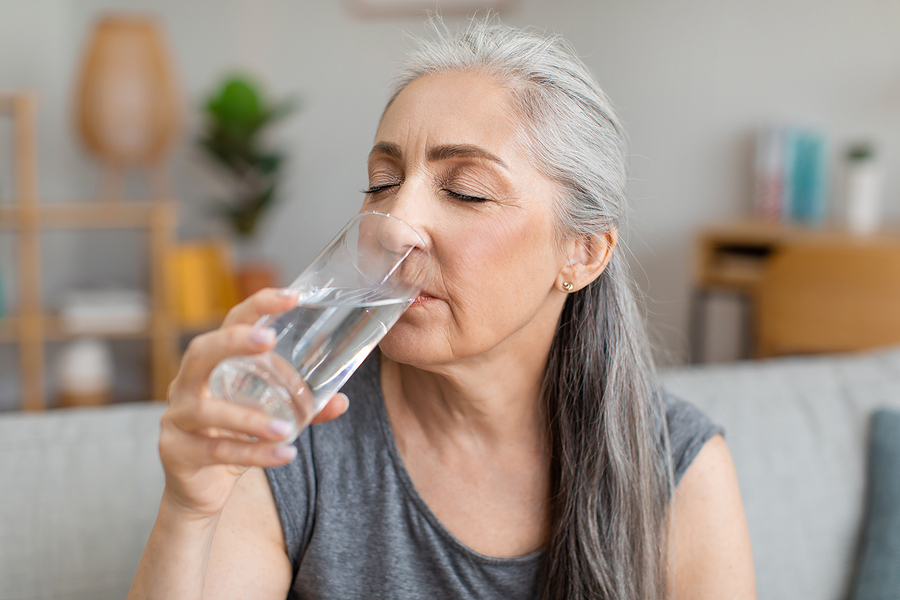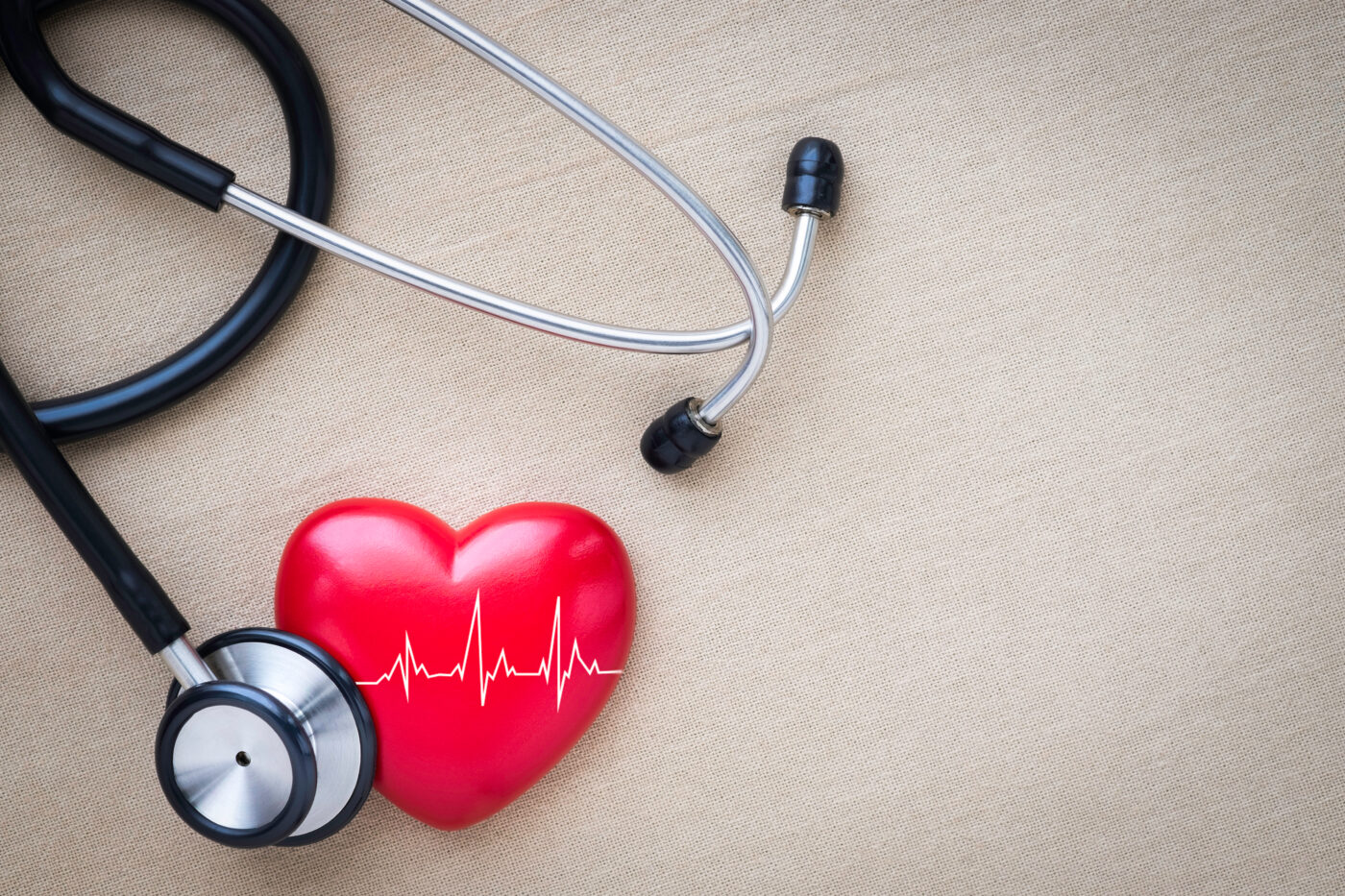Water. 💦
It is essential for many bodily functions.
Filtering out toxins, regulating body temperature, maintaining healthy blood volume…the list goes on.
Without enough water, the body can become dehydrated, which can lead to a range of health problems. So how can we prevent this from happening?
Let’s chat about the 3 types of dehydration:
- Hypotonic dehydration
This occurs when there is a lack of electrolytes in the body, which leads to a reduction in blood volume. This type of dehydration is often caused by vomiting, diarrhea, or excessive sweating.
- Hypertonic dehydration
This occurs when there is a lack of water in the body, which leads to an increase in the concentration of electrolytes in the blood. This type of dehydration is often caused by not drinking enough water or drinking too much alcohol.
- Isotonic dehydration
This occurs when there is an equal loss of water and electrolytes from the body. This type of dehydration is often caused by excessive sweating or urination.
The symptoms of dehydration can vary depending on the type and severity of the condition.
Common symptoms include thirst, dry mouth, dark-colored urine, fatigue, headache, dizziness, and muscle cramps. In severe cases, dehydration can lead to seizures, shock, and even death.
Preventing dehydration is key to maintaining good health. The easiest way to prevent dehydration is to drink enough water throughout the day. The amount of water a person needs depends on a variety of factors, such as age, sex, weight, activity level, and climate. As a general rule, adults should drink at least eight cups of water per day.
In addition to drinking enough water, it’s also important to replenish electrolytes lost through sweating. This can be achieved by drinking non-sugary sports drinks or eating foods that are high in electrolytes, such as bananas, avocados, and spinach.
Dehydration is a common problem that can have serious health consequences. It’s important to understand the causes and types of dehydration in order to prevent and treat this condition.
By drinking enough water and replenishing electrolytes lost through sweating, you can maintain optimal health and prevent dehydration from becoming a problem.
Remember, if you’re feeling thirsty 💧, you’re already dehydrated.
-Leslie Prins



